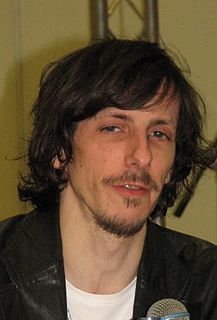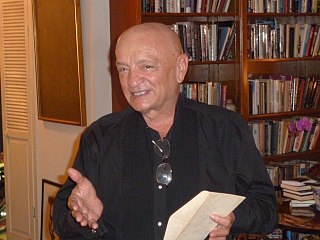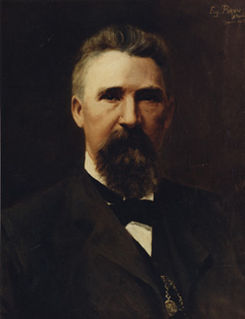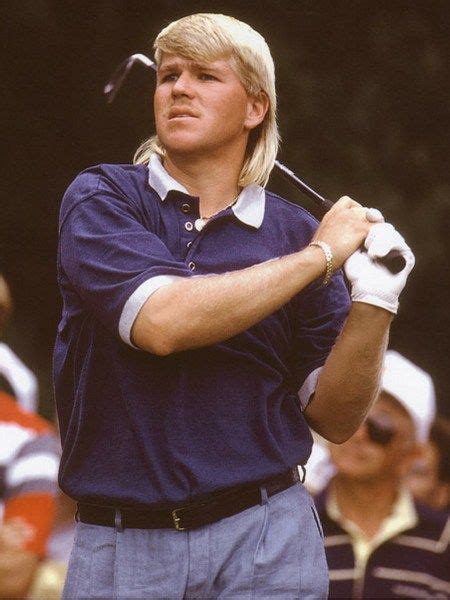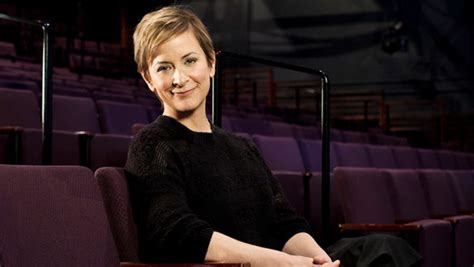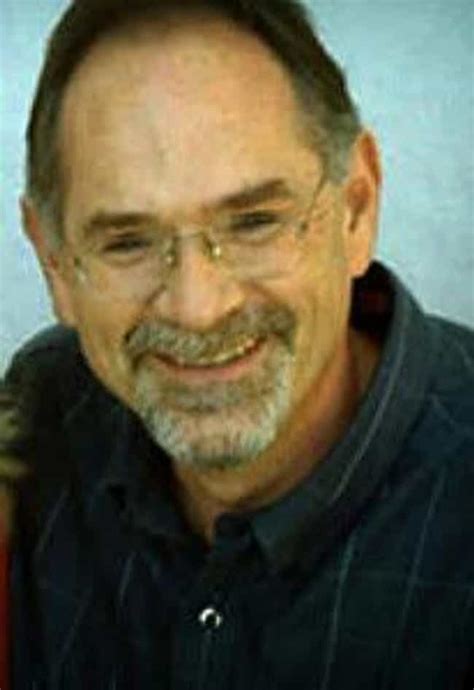A Quote by Hal Duncan
A 3K word story might well be done in some caffeine-and-nicotine-fuelled 36 hour session, and at the end of it, there'll be a few passes of editing required, but I basically have a polished draft.
Related Quotes
You must stop editing--or you'll never finish anything. Begin with a time-management decision that indicates when the editing is to be finished: the deadline from which you construct your revisionary agenda. Ask yourself, 'How much editing time is this project worth?' Then allow yourself that time. If it's a 1,000-word newspaper article, it's worth editing for an hour or two. Allow yourself no more. Do all the editing you want, but decide that the article will go out at the end of the allotted time, in the form it then possesses.
It's like the query letter problem that I just mentioned, magnified a hundredfold. You might be good at telling a story, but that doesn't mean you know anything about marketing. Or layout. Or editing. Or publicity. Or selling your books for foreign markets.Everyone can point to a few examples of people that have done very well for themselves self-publishing. But honestly, those folks are lucky as lottery winners.
A love affair is like a short story--it has a beginning, a middle, and an end. The beginning was easy, the middle might drag, invaded by commonplace, but the end, instead of being decisive and well knit with that element of revelatory surprise as a well-written story should be, it usually dissipated in a succession of messy and humiliating anticlimaxes.
Sometimes the most difficult thing you can do as an editor is not make a single note - the idea that everything and everyone needs editing is, in reality, a fiction. I've gotten pieces where I thought, Well, I could do this or that, or change this word, but in the end, I leave it. Changing something is not necessarily equivalent to making the piece more true to itself, which is the point of editing: it's just changing it because you feel you can or should or must.
Jerry Lewis played on the very first season of Mad About You, and he played basically himself, but he was called some other name. He said he's never done it; he'd never done a half-hour of [sitcom] television. This was 1992 or '93. And I said, "Well how is that?" And he goes, "Nobody ever asked me." It's like the pretty girl at the dance; everybody's too afraid to ask.
